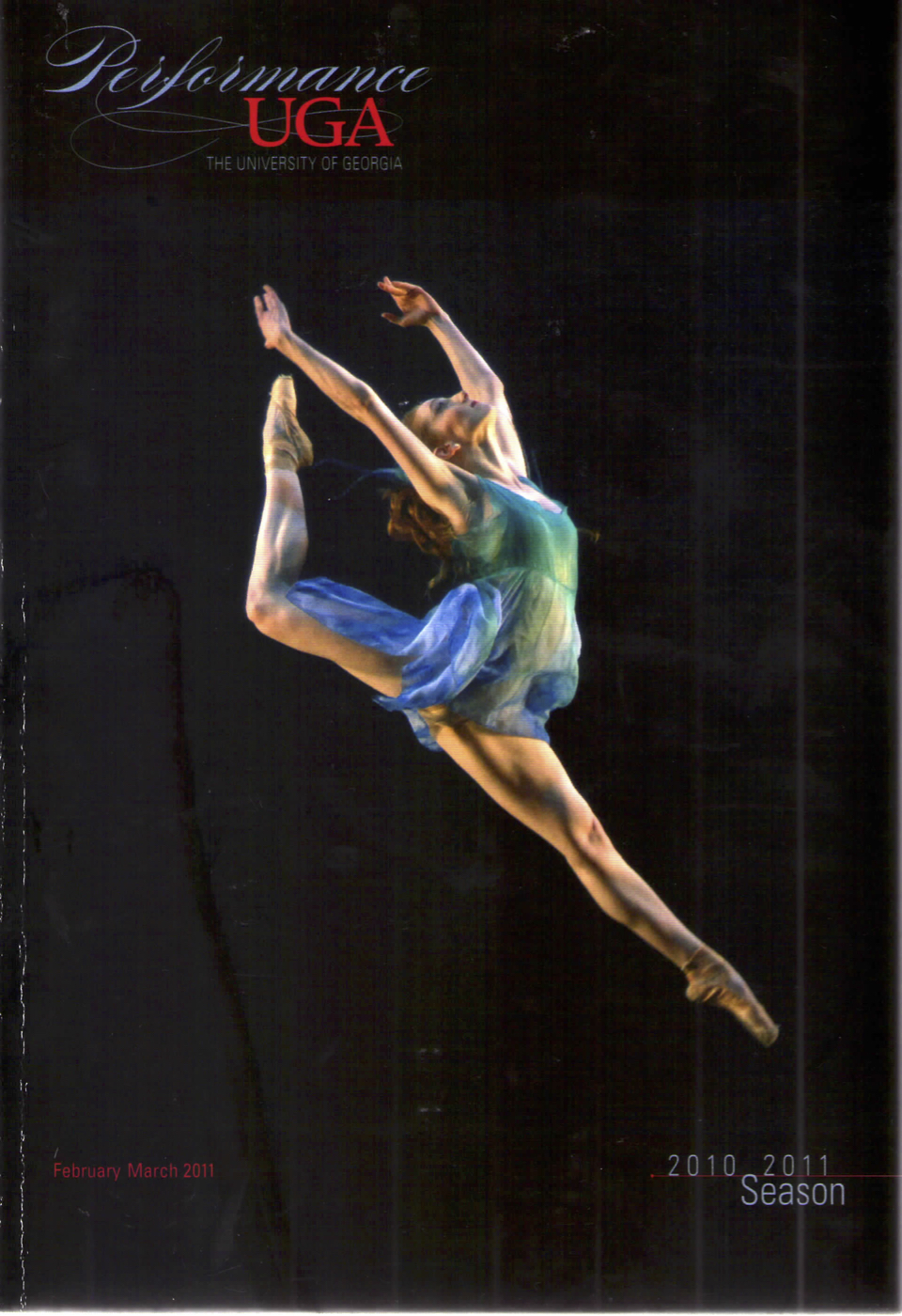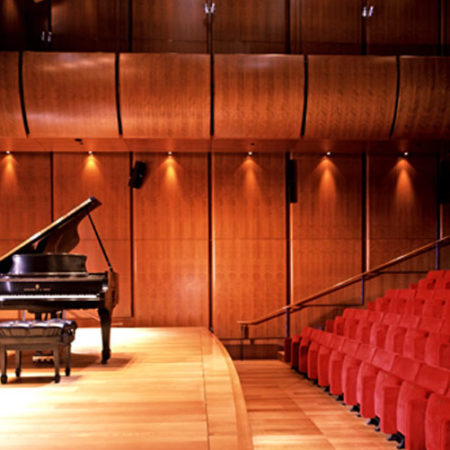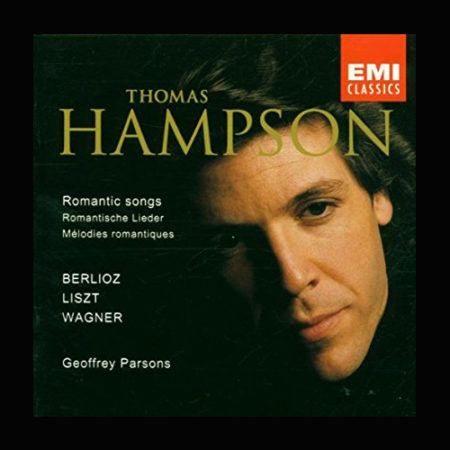In Hodgson Concert Hall (Athens, Georgia)
This concert was part of “Liszt and the Future: A Festival of Firsts,” presented by the American Liszt Society
 February 18, 2011
February 18, 2011
Thomas Hampson, baritone
Craig Rutenberg, piano
Hugh Hodgson School of Music
University of Georgia Performing Arts Center
The University of Georgia
The program includes song texts, translations, and extensive program notes.
Program Notes for Laura Sonnets
Francesco Petrarca, born in Arezzo (1304-1374), and known to us as Petrarch, is with Dante on the ground floor of written vernacular Italian. Petit Larousse mentions much else in its thumbnail biography: “historien, archéologue, chercheur de manuscrits anciens,” and goes on to list him as a premier member of the Renaissance humanist movement before mentioning what Petrarch is remembered for. (The Italian sonnet, which he perfected, differs in rhyme scheme from the Shakespearean sonnet.)
There was a real Beatrice in Dante’s life, but no one seems to know for sure whether the beautiful, possibly incorporeal Laura, who haunts and infuses Petrarch’s sonnets and canzoni in often intricate ways, actually existed. Larousse proposes one of two possible family names (de Noves or de Sade), which only deepens the mystery. The possibility exists that Petrarch’s Laura is a counterpart of Julia and Silvia and the whole sisterhood of imaginary ladies poets have sung since the days of Eléanor d’Aquitaine. It’s certain that Petrarch has a lot of sober verbal fun with her name, not indulged in to elicit laughs (witness Sonetto 5, which puns on a Latinized form of it in the text: Laureta), which makes me suspect her existence as what is known in poetic parlance as a conceit. One begins to wonder if the word games here and elsewhere all over these sonnets aren’t closer to their central meaning than what we usually focus on, the dramatic emotionalism of the language; if that is what we are meant to admire most in these sonnets.
But this would be to deny the profound feeling and wealth of nuance in these beautiful poems. What I’ve tried to find is a spare musical style to mirror, as best I could, their exquisite balance between emotion and elegant construction. In this context it doesn’t matter whether Laura actually existed. She exists now as indubitably as Bernini’s Daphne at the Villa Borghese in Rome, caught in stone as she turns into a laurel tree.
—William Bolcom


